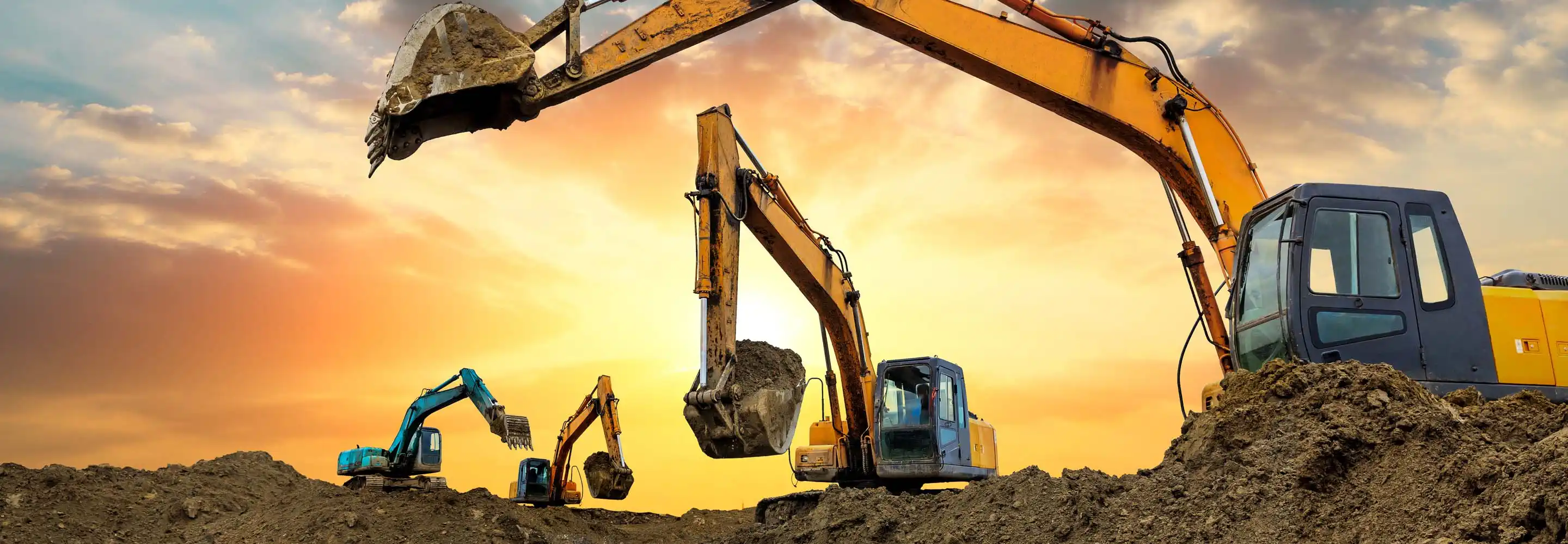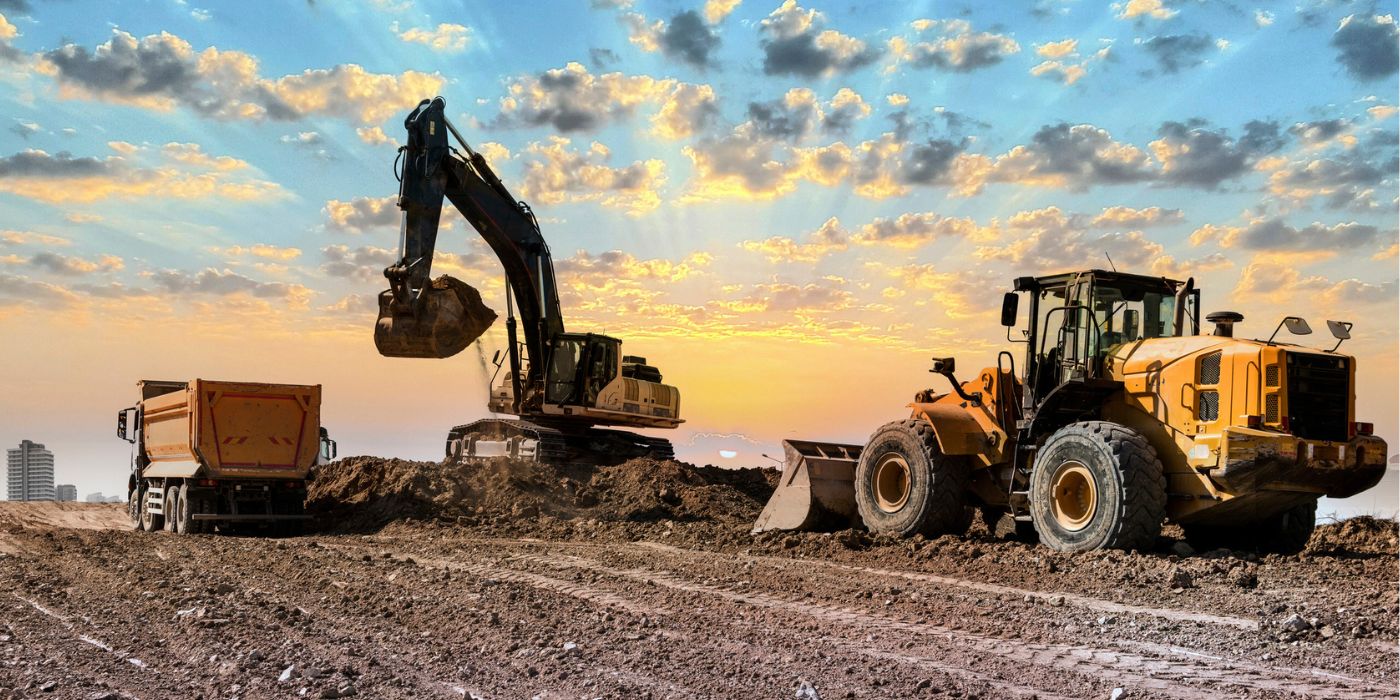Rental Company in Tuscaloosa, AL: Top-Quality Equipment for Every Project
Rental Company in Tuscaloosa, AL: Top-Quality Equipment for Every Project
Blog Article
Discovering the Financial Advantages of Leasing Building And Construction Equipment Compared to Owning It Long-Term
The decision between renting and possessing building equipment is critical for financial administration in the market. Leasing deals prompt cost financial savings and functional versatility, permitting firms to assign resources a lot more effectively. Understanding these nuances is necessary, particularly when taking into consideration exactly how they align with specific project needs and economic techniques.

Expense Comparison: Renting Out Vs. Having
When reviewing the monetary implications of possessing versus leasing building and construction devices, a complete cost contrast is crucial for making informed decisions. The selection between leasing and possessing can considerably affect a firm's profits, and recognizing the linked costs is critical.
Leasing building devices usually involves reduced upfront prices, allowing organizations to allot funding to various other operational demands. Rental arrangements commonly consist of versatile terms, making it possible for companies to accessibility progressed equipment without long-lasting commitments. This versatility can be especially useful for temporary tasks or varying workloads. However, rental prices can collect in time, possibly exceeding the expenditure of ownership if equipment is needed for an extended duration.
Alternatively, possessing construction tools needs a considerable initial investment, along with continuous costs such as devaluation, insurance policy, and financing. While ownership can cause long-term cost savings, it likewise locks up resources and may not supply the exact same level of adaptability as leasing. Additionally, owning tools requires a dedication to its application, which might not constantly straighten with project demands.
Eventually, the decision to possess or lease needs to be based upon a comprehensive evaluation of specific project requirements, economic capability, and long-lasting tactical goals.

Upkeep Obligations and expenses
The option between owning and renting out building equipment not only includes monetary factors to consider however likewise encompasses ongoing maintenance expenditures and duties. Having tools calls for a considerable dedication to its maintenance, which consists of regular inspections, repairs, and prospective upgrades. These duties can rapidly gather, leading to unanticipated expenses that can strain a budget plan.
On the other hand, when leasing equipment, maintenance is commonly the obligation of the rental business. This setup permits professionals to prevent the financial worry connected with deterioration, in addition to the logistical obstacles of organizing repair services. Rental contracts often include provisions for maintenance, implying that specialists can concentrate on completing projects rather than stressing about tools problem.
Additionally, the diverse variety of equipment readily available for lease makes it possible for firms to choose the most recent versions with innovative innovation, which can enhance performance and performance - scissor lift rental in Tuscaloosa, AL. By selecting services, organizations can stay clear of the lasting liability of tools devaluation and the associated maintenance migraines. Inevitably, examining maintenance expenses and obligations is critical for making an educated choice concerning whether to rent out or have building devices, considerably influencing overall task expenses and functional performance

Depreciation Effect On Possession

A considerable variable to consider in the decision to own building and construction equipment is the effect of depreciation on overall ownership costs. Depreciation stands for the decline in value of the equipment with time, influenced by factors such as usage, deterioration, and innovations in technology. As equipment ages, its market worth decreases, which can dramatically influence the proprietor's financial setting when it comes time to sell or trade the devices.
For building and construction business, this devaluation can translate to significant losses if the equipment is not used to its maximum capacity or if it becomes obsolete. Proprietors have to account for depreciation in their financial forecasts, which can cause higher general prices contrasted to renting out. Additionally, the tax obligation implications of devaluation can be intricate; while it might offer some tax benefits, these are commonly balanced out by the reality of decreased resale value.
Eventually, the concern of devaluation highlights the value of understanding the long-lasting economic commitment involved in owning construction devices. Firms must meticulously assess just how usually they will make use of the devices and the potential economic influence of devaluation to make an educated decision concerning ownership versus leasing.
Monetary Flexibility of Leasing
Renting browse around here out construction devices offers considerable financial versatility, enabling firms to assign resources a lot more efficiently. This versatility is especially important in a market characterized by rising and fall task needs and differing workloads. By choosing to rent out, organizations can stay clear of the substantial resources outlay needed for purchasing devices, maintaining capital for various other operational needs.
Furthermore, renting equipment makes it possible for firms to tailor their devices selections to certain task needs without the long-term commitment associated with possession. This implies that companies can quickly scale their devices inventory up or down based upon current and expected job needs. As a result, this adaptability reduces the risk of over-investment in machinery that may end up being underutilized or obsolete over time.
One more monetary benefit of renting out is the potential for tax obligation advantages. Rental repayments are typically thought about operating budget, enabling prompt tax obligation reductions, unlike devaluation on bulldozer rental owned and operated tools, which is topped a number of years. scissor lift rental in Tuscaloosa, AL. This immediate expense acknowledgment can additionally enhance a business's cash money setting
Long-Term Project Factors To Consider
When examining the lasting requirements of a building company, the choice between leasing and possessing equipment becomes more intricate. For projects with extensive timelines, purchasing devices may appear advantageous due to the potential for lower overall prices.
The building and construction industry is evolving quickly, with brand-new devices offering enhanced efficiency and safety and security features. This adaptability is particularly advantageous for businesses that manage diverse tasks requiring different kinds of tools.
In addition, monetary security plays a critical function. Possessing tools typically entails considerable capital expense and depreciation problems, while renting allows for more foreseeable budgeting and capital. Inevitably, the choice between renting and owning needs to be lined up with the critical purposes of the building and construction business, taking into consideration both current and expected task needs.
Final Thought
Finally, leasing building devices uses considerable monetary benefits over long-term possession. The lessened ahead of time prices, removal of maintenance duties, and avoidance of devaluation contribute to improved cash money circulation and economic versatility. scissor lift rental in Tuscaloosa, AL. In addition, rental settlements work as immediate tax obligation deductions, better benefiting professionals. Ultimately, the decision to rent instead than own aligns with the dynamic nature of building projects, enabling adaptability and accessibility to the most recent equipment without the economic concerns linked with ownership.
As devices ages, its market value diminishes, which can substantially impact the owner's monetary placement when it comes time to market or trade the devices.
Leasing building and construction equipment uses considerable economic adaptability, permitting companies to allot sources extra efficiently.Furthermore, leasing devices enables companies to customize their tools options to details job needs without the long-lasting dedication linked with ownership.In verdict, renting out building tools uses substantial financial advantages over long-term ownership. Ultimately, the choice to lease instead than very own aligns with my blog the dynamic nature of construction jobs, permitting for versatility and accessibility to the latest tools without the financial problems associated with ownership.
Report this page